UK to drop self-isolation rule in 'living with Covid' plan
Mon 21 Feb 2022, 14:02:31
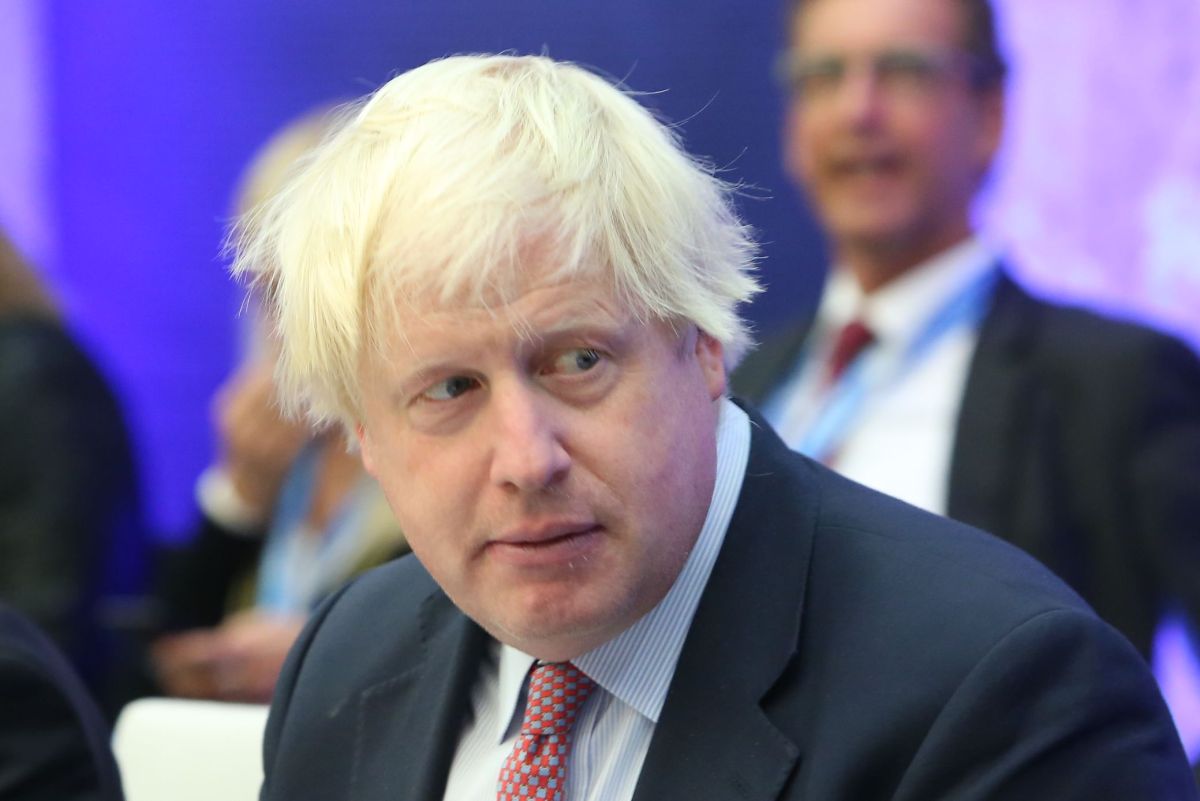
London: The UK is set to drop the legal requirement to self-isolate for upto 10 days on testing positive for coronavirus as part of the government's so-called "living with Covid" plan, Downing Street indicated on Sunday.
On being asked about the plan, Prime Minister Boris Johnson urged the public to not "throw caution to the wind" as he attempts to move beyond state mandated rules for tackling the spread of the deadly virus.
He told the BBC that he wants to focus on addressing the health crisis with a “vaccine-led approach”, rather than “banning certain courses of action”.
“Now is the moment for everybody to get their confidence back. We think you can shift the balance away from state mandation," said Johnson.
"COVID will not suddenly disappear, and we need to learn to live with this virus and continue to protect ourselves without restricting our freedoms," he said.
"We've built up strong protections against this virus over the past two years through the vaccine rollouts, tests, new treatments, and the best scientific understanding of what this virus can do. Thanks to our successful vaccination programme and the sheer magnitude of people who have come forward to be jabbed we are now in a position to set out our plan for living with COVID," he added.
According to reports, Johnson is set to announce the end of the quarantine requirement on Monday.
Special coronavirus laws enacted at the peak of the crisis in 2020 and renewed over the course of subsequent waves of the pandemic are due to expire on March 24, but last week Boris Johnson had suggested that all of England's
remaining measures could end sooner if the data remained encouraging.
remaining measures could end sooner if the data remained encouraging.
The latest official figures show that the country recorded 34,377 COVID cases on Saturday.
Meanwhile, about 91 per cent of people in the UK aged 12 and over have had a first dose of the vaccine, 85 per cent a second dose, and 66 per cent a booster or a third dose.
Under the next stage of the UK's coronavirus strategy, local authorities will have to manage outbreaks using pre-existing public health powers, similar to other diseases.
The Opposition Labour Party said Johnson was "declaring victory before the war is over", while some experts and charities expressed concern over the early lifting of all restrictions.
"It clearly hasn't been guided by data or done in consultation with the healthcare profession,” warned Dr Chaand Nagpaul, Indian-origin chair of the British Medical Association (BMA).
Widespread community PCR testing for people with symptoms is expected to stop under the new plan. It remains unclear whether the distribution of the quicker and cheaper lateral flow tests will be scaled back.
Since the COVID law was enacted in March 2020 with a strict “stay at home” lockdown to help the country's health service cope with the crisis, changing levels of restrictions on daily life have been in place across all parts of the UK.
The curbs have included the "rule of six" for indoor gatherings, regional tier systems, as well as so-called "Plan B" measures after the fast-spreading Omicron variant emerged last year.
No Comments For This Post, Be first to write a Comment.
Most viewed from International
Most viewed from World
AIMIM News
Latest Urdu News
Most Viewed
May 26, 2020
Should there be an India-Pakistan cricket match or not?
Latest Videos View All
Like Us
Home
About Us
Advertise With Us
All Polls
Epaper Archives
Privacy Policy
Contact Us
Download Etemaad App
© 2026 Etemaad Daily News, All Rights Reserved.








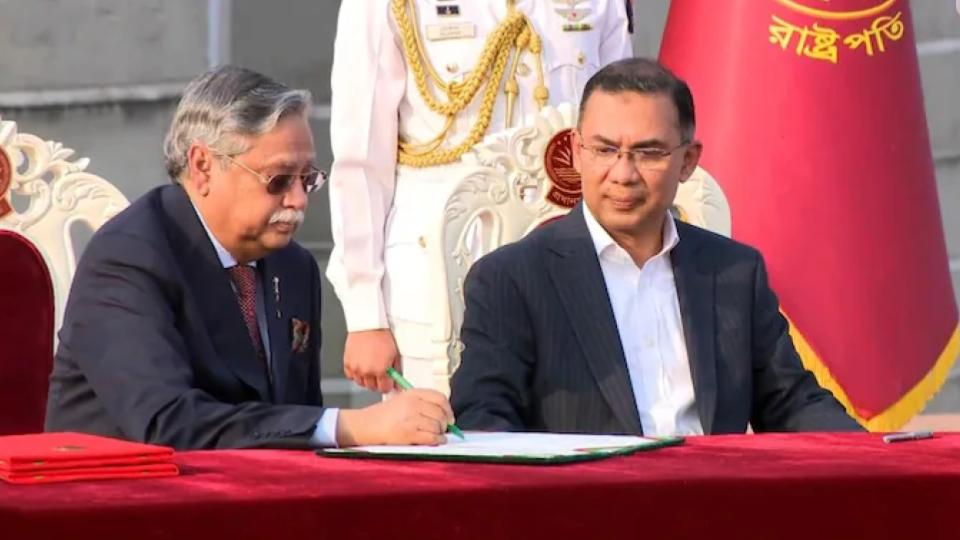

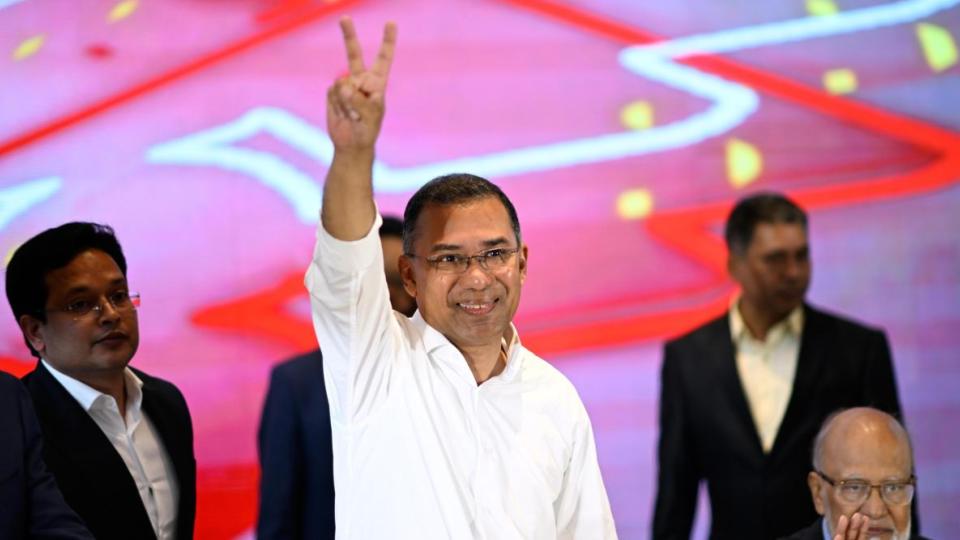

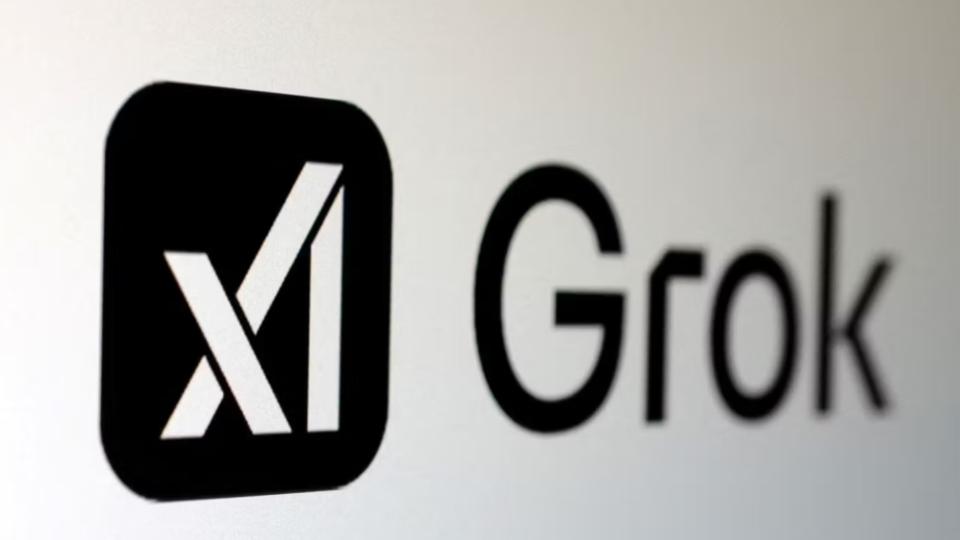
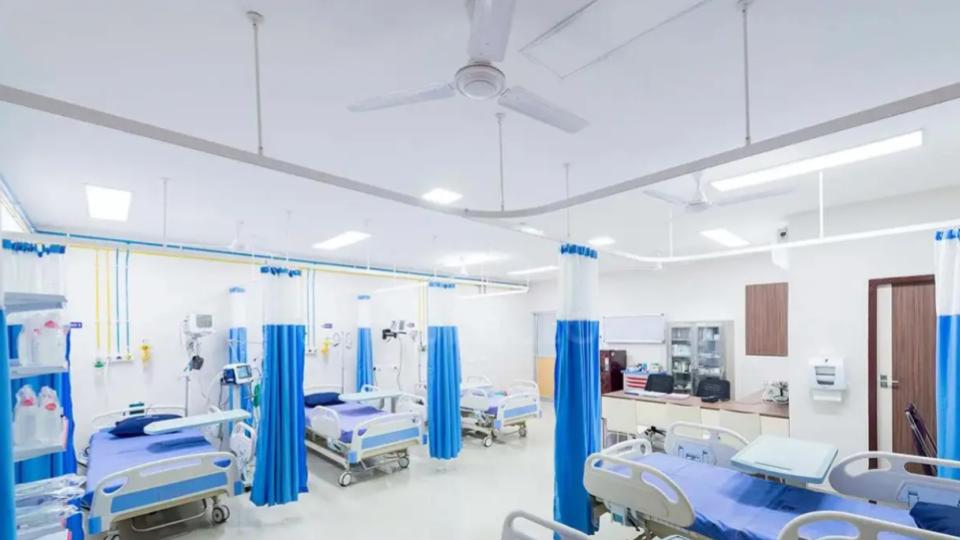


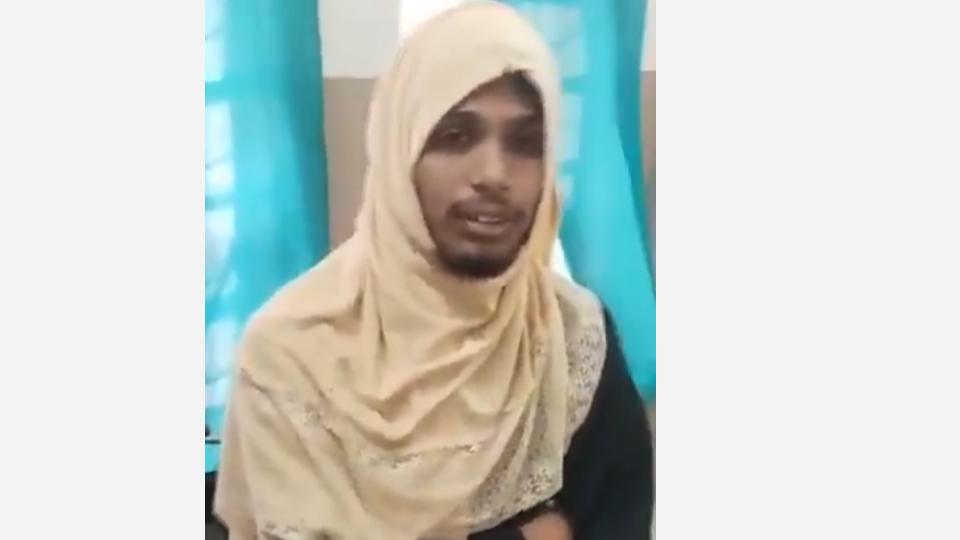

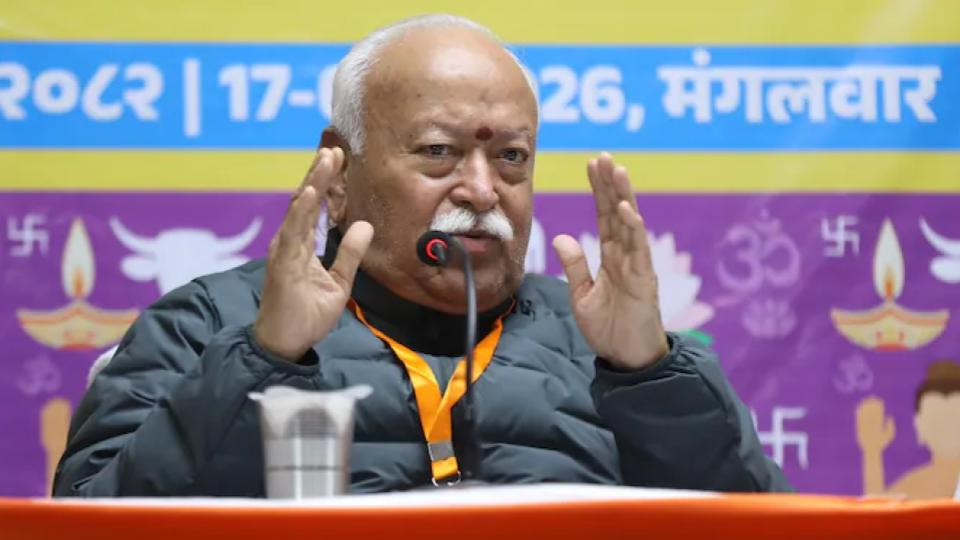
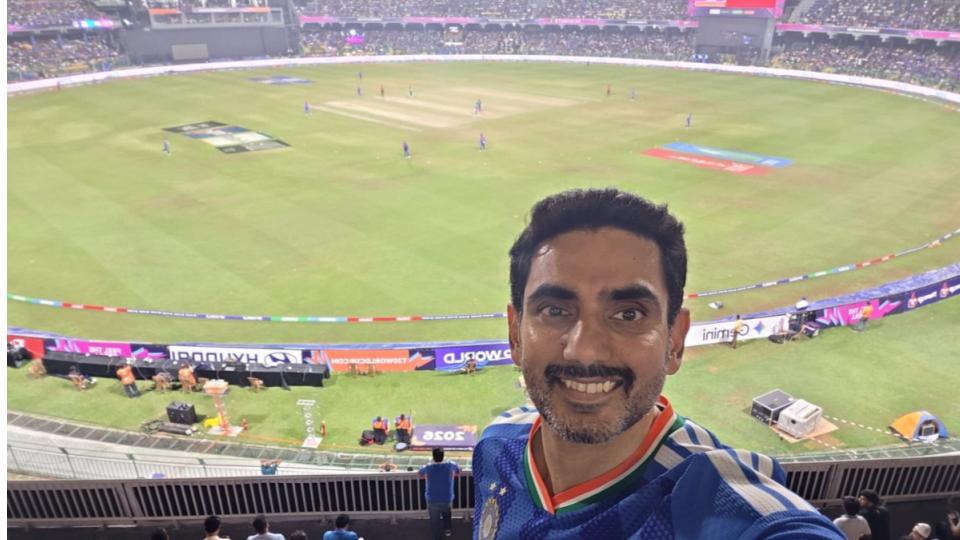
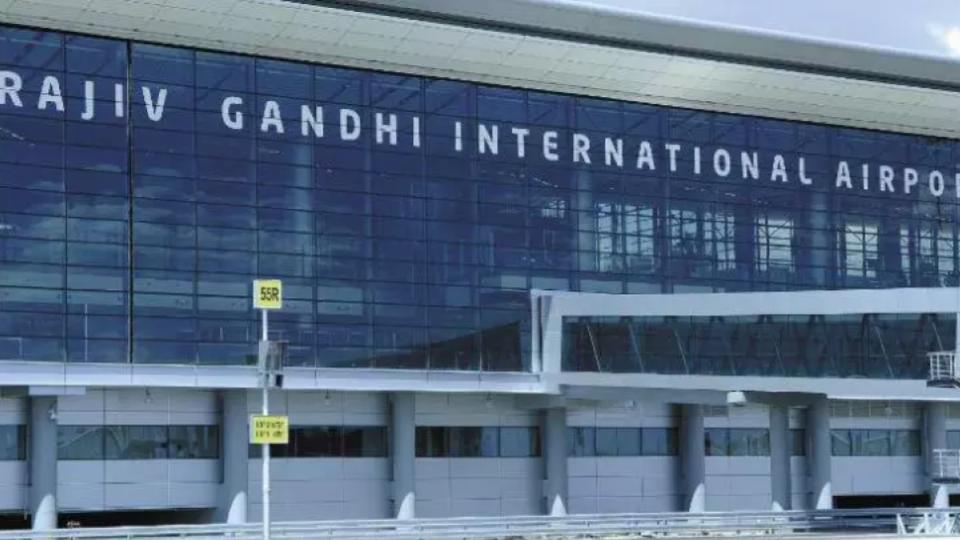
















.jpg)
.jpg)
.jpg)


